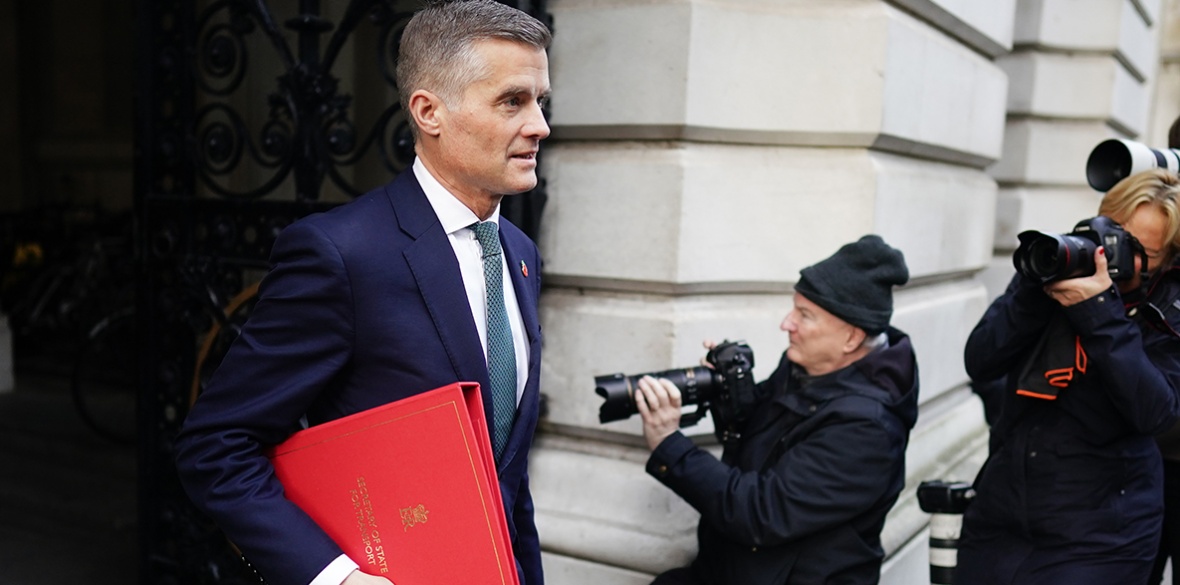TRANSPORT Secretary Mark Harper has accused the RMT leadership of being “ideologically committed” to industrial action.
This is a bit rich coming from the Tories who themselves were “ideologically committed” to precisely the industrial action ballot system which is producing such enormous majorities for strike action.
This is the boomerang theory of politics that increasingly haunts our ruling class.
Behind the bluster about the trade unions ruining Christmas the government is fretting about the fallout from its strategy of attrition.
It is not a good look for a Cabinet of multimillionaires, led by the richest man in Parliament, to lecture workers that their demand for wages to match the current level of price inflation and catch up on a decade of lost pay is impossible.
The government’s deep problems lie in two factors which distinguish this present period from earlier wage struggles this century.
First, despite the immensely greater hurdles that successive parliaments and courts (including the European Court of Justice) have placed before workers — especially those of us wanting to take industrial action — enormous numbers of workers have turned in huge ballot majorities.
Despite this, the media, including our audience-funded state-affiliated broadcaster, regularly present industrial action as arising from decisions by “union bosses.” (Trade union leaders are elected as opposed to the bosses of firms).
The second factor, which ministers have notably failed to include in their calculations, is the massive public support for workers taking industrial action.
In the absence of a strategy which might cut it with the public, ministers are doubling down on the idea that the country cannot afford inflation-matching pay increases.
We might expect that Sunak might be one among many who have held the position of chancellors of the Exchequer to be able to do sums.
Not so. In his new role as unelected prime minister he told us that to meet the demands of striking workers would cost every family in the land £1,000.
You might expect a money man to understand that a pay increase is not money lost, that wages circulate in the economy, generating economic activity and taxable transactions and earnings at every moment of exchange.
But unlike workers — who need to spend money more or less as soon as it arrives — the very rich spend relatively little of their total income which mostly is derived from rent, interest and profits and they stash or invest it.
The government is struggling to get traction for its narrative and accordingly is forced to deploy such economic idiocy in the hope that the gullible will be deceived.
It isn’t working, not least because our current crop of union leaders spell out the lesson that profits are unpaid wages at every turn. This strike wave is not for turning.
This is where the scheme to draft the armed forces appears as a magic bullet solution to ministers’ fear that they will carry the blame.
Reports have it that ministers will mobilise members of the armed forces to substitute for striking staff in the Border Force and ambulance services as well as in other sectors.
Already senior military figures are arguing that soldiers cannot substitute for every striker and that following Covid another lost Christmas for servicemen and women will be a blow to morale. The more far-sighted understand that every soldier, sailor or aircraftwoman or man will have relatives and friends on strike.
Forcing these people to make a choice between the state and their class, family and friends undermines the one condition our ruling class demands of its state employees. The loyalty test is the boomerang of class politics at work.











